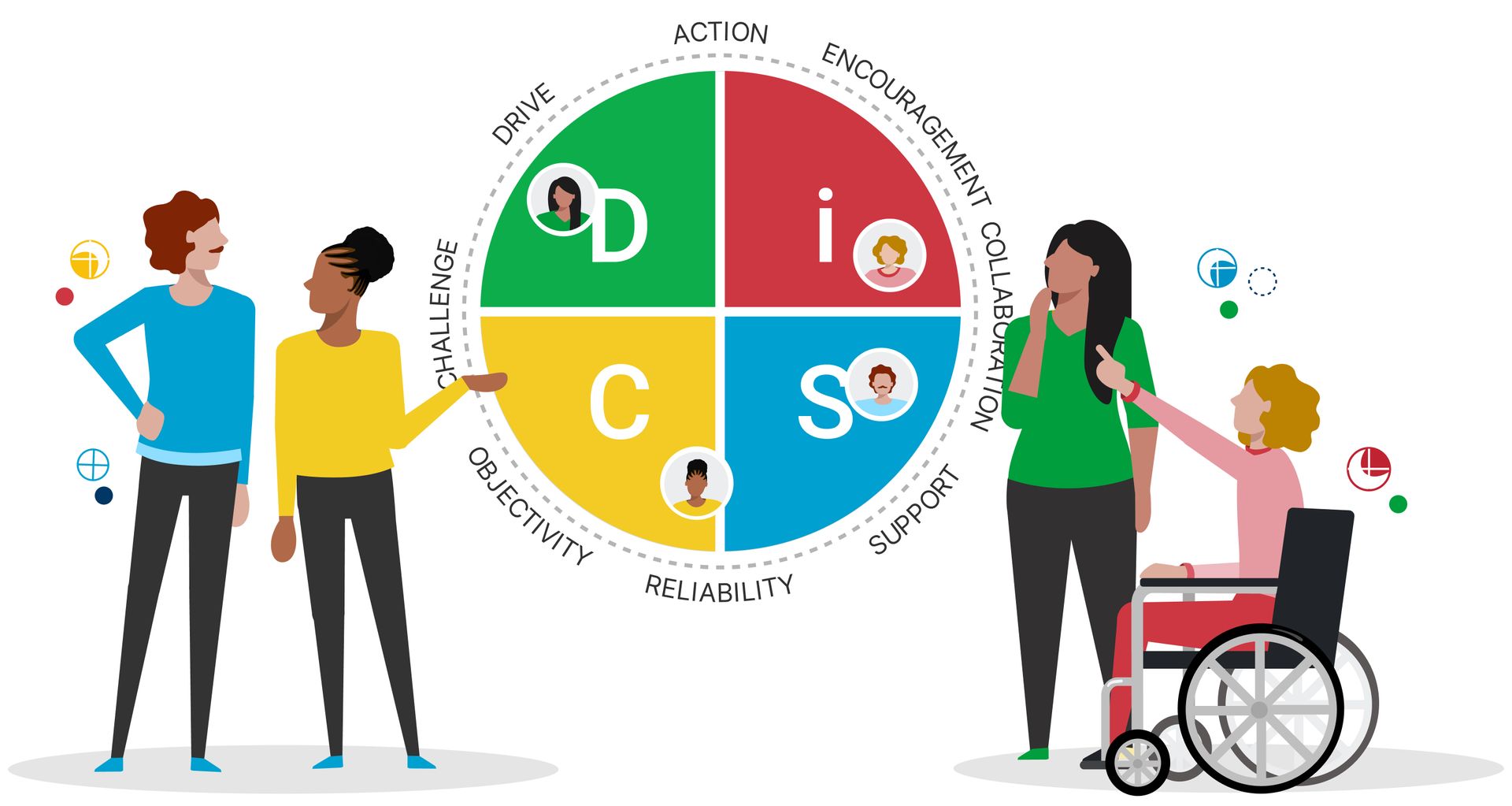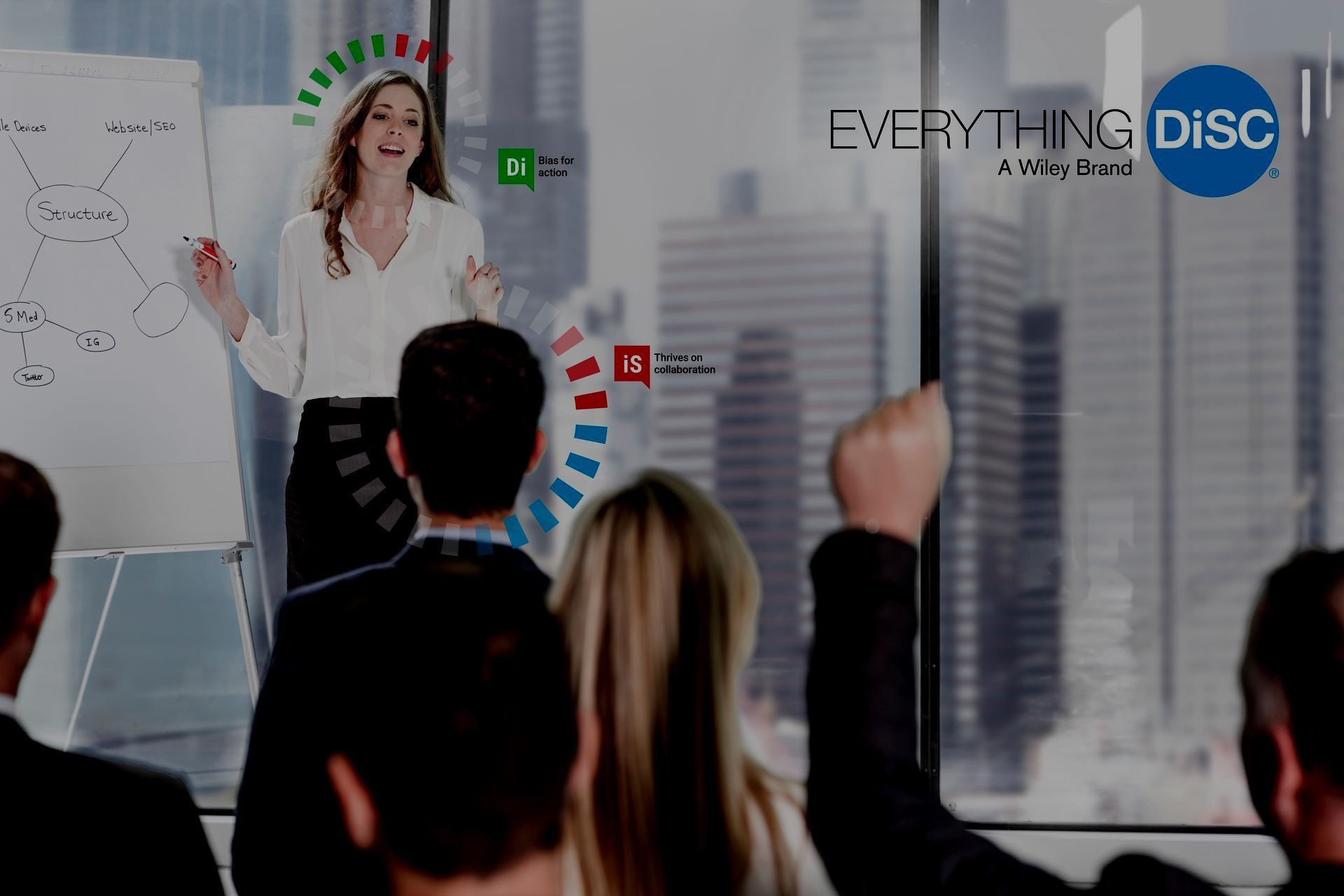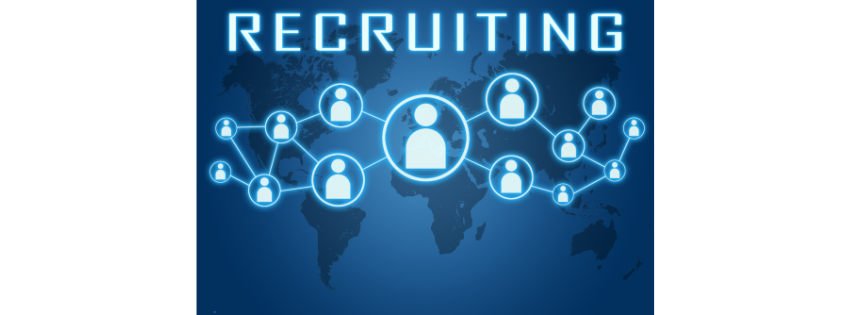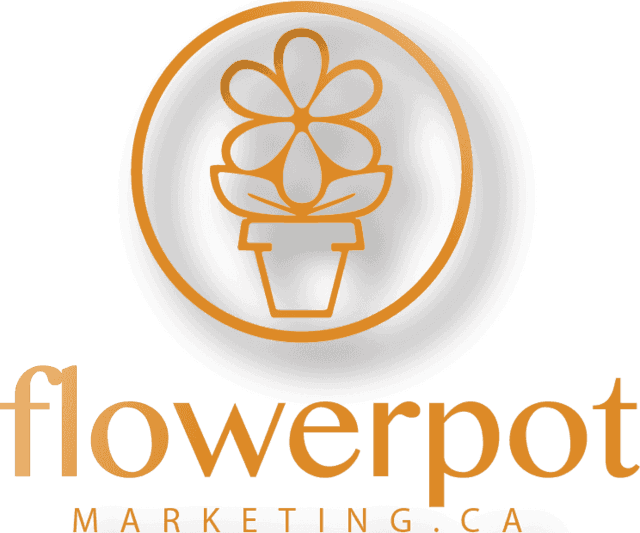By: Melissa Barlock
Soft Skills & Competitive Advantage
Today’s working environment is vastly different from recent generations, when the average person would pick a career, find a place to work, and remain there until retirement. In the age of computers and the rapid exchange of information, the relationship between the employer and employee has radically changed. With online platforms and recruiting companies like Enspire Dental Opportunities, it is quicker and easier than ever before to connect those who are hiring with those who are looking for employment. Our job is to make that transition even more efficient, and enjoyable as possible. By extension, both the candidate searching for a job and the employer searching for an employee, have more choices than ever before: the choice of where to work, when to stay, and also, when to leave.
Job satisfaction has come to the forefront. Add to that the increasing competition for clients in the marketplace, it’s not hard to see why ‘soft’ skills have become so invaluable for both employers and employees alike. Such skills may be particularly relevant in industries where direct interaction with clientele is the norm, as in dentistry. Soft skills is an umbrella term that covers a broad range of social and interpersonal skills. They have traditionally been overlooked in favour of the ‘hard’ technical skills typically learned at school and refined on the job. Part of the reason for this is that hard skills tend to be more easily measured and quantified. Both are equally important, however, and tend to complement one another. Many schools in the field of dentistry in Canada and abroad are catching on and have already implemented programs into the curriculum specifically focusing on various soft skills, and some even use them in their selection criteria for prospective students. Dental practice owners, as leaders, may particularly benefit from the use of soft skills to encourage cooperation, positivity, and success in the workplace.
As mentioned, soft skills is a very broad and important topic, and there will be much to say about it in future blogs. A soft skill that I stress upon, in many of my presentations, lectures and training videos is – reciprocity. Known simply as reciprocity in social psychology, and sometimes colloquially as the law of reciprocity, it refers to mutual exchange. It basically says that if I do something for you, you will want to repay the favour and do it back for me, often in greater amount. Now, this usually has a positive connotation, but it can work the other way: if I do something to hurt you, you will want to hurt me back. The first case may be likened to reward for generosity, while the second to revenge. However, what they have in common is repayment, or the desire to be fair and give back.
For example, when at a restaurant, people tend to tip more when the service is good or the experience is enjoyable. Similarly, if you not only remember my birthday but also give a gift, I will be keen to remember yours and surprise you with a gift as well. In general, people tend to have positive feelings towards those who are kind to them and want to give back in return. This can be in the form of monetary compensation and other tangible rewards, but it can also be in the form of more intangible things like respect and loyalty, which has major implications for the workplace. Reciprocity is already widely used in business and marketing as a method of persuasion, but leaders can also use it as one of those soft skills to encourage motivation, team cooperation and sense of purpose.
I think the reason the term ‘law’ is appropriate in the phrase ‘law or reciprocity’ is because it is so fundamental to human nature and psychology; it’s not a law in the political or physical sense, but like the law of gravity it is explanatory and enduring. Even before modern science could validate and replicate it, the Ancient Greeks used its principles in place of written laws, and people even before them surely understood it. It is fundamental to nearly every religion, every cultural ethical code, and every civilized human interaction in the form of the Golden Rule: treat others as you would like to be treated.
A favourite saying from the late Maya Angelou is that “…People will forget what you said, people will forget what you did, but they will always remember how you made them feel”.
For these reasons, reciprocity is important as the basis for every interaction and a principle I live by and practice, not just in business, but in everyday life. It’s an attitude, a way of life. More than just a series of independent mutual exchanges between family, friends, colleagues, and clients, reciprocity is a circle, perpetual and reinforcing. In an information age that is becoming increasingly detached, and particularly now in the midst of COVID-19, we could all use a little more of it!
Enspire Dental Opportunities is looking forward to working with you.













